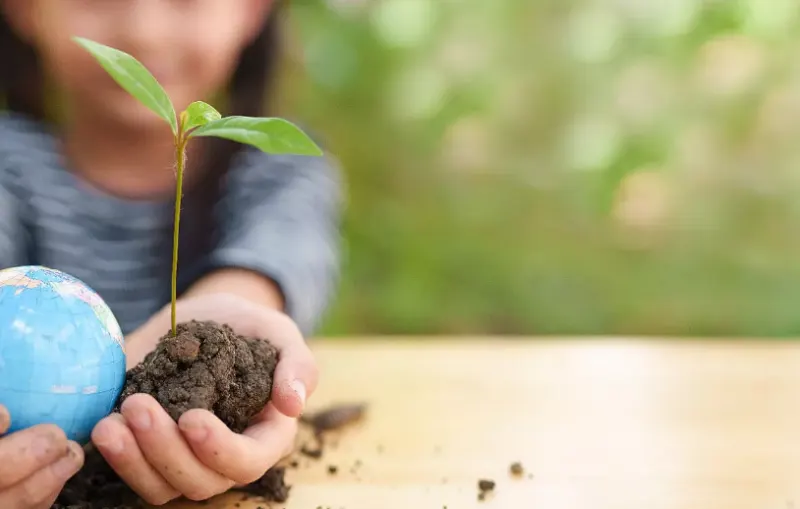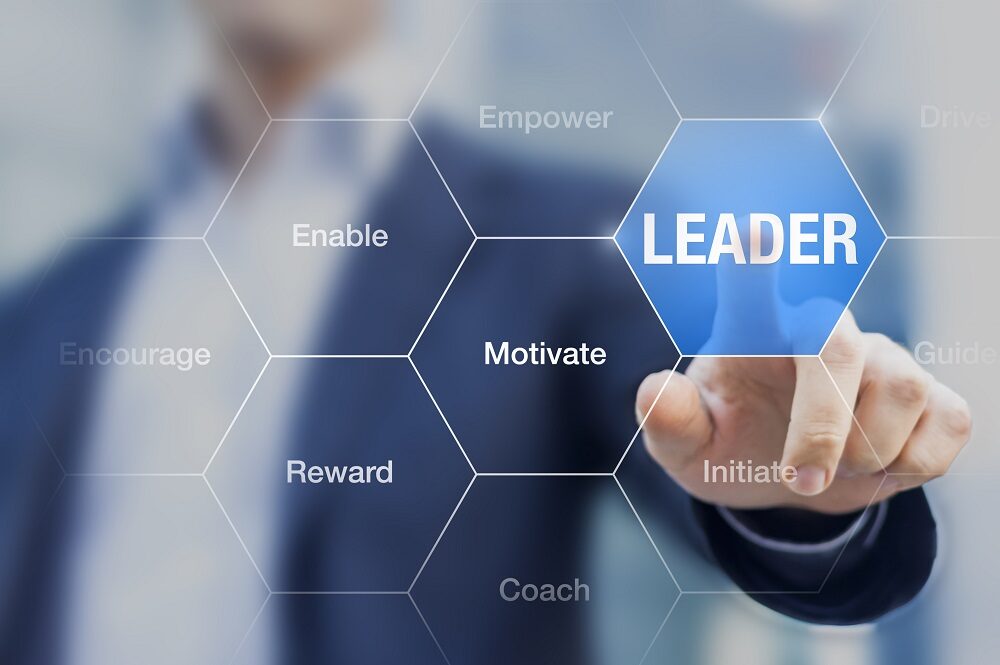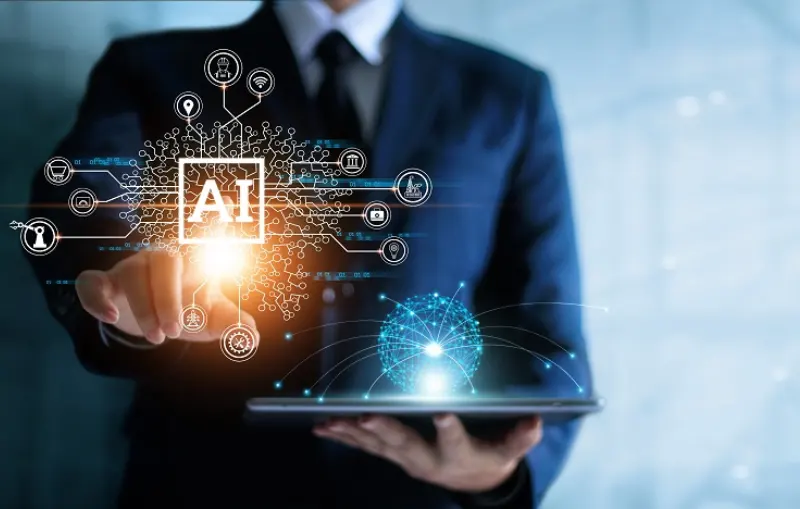In today’s rapidly changing world, the importance of instilling a sustainable mindset in young minds cannot be overstated. Children are not only the future of our society but also the stewards of our planet. As we face unprecedented environmental challenges, it becomes essential to integrate the principles of sustainability into the classroom and to empower children to become environmentally conscious and socially responsible individuals. By incorporating the United Nations Sustainable Development Goals (SDGs) into their education, we can nurture a generation of informed and compassionate global citizens who will contribute to a more sustainable and equitable future.
Sustainability in Education: A Holistic Approach
The classroom serves as a powerful platform to cultivate awareness about sustainability and the urgent environmental issues facing our planet. By introducing children to concepts such as climate change, biodiversity loss, and resource depletion, educators can create a deeper understanding of the impact of human activities on the environment. Through the SDGs, children can connect their actions and choices to broader global issues, inspiring a sense of responsibility towards the planet and its inhabitants. As they learn about SDG Goal 13 (Climate Action) and Goal 15 (Life on Land), children can grasp the critical role they play in safeguarding the earth’s delicate ecosystems and preserving the biodiversity that sustains life.
Furthermore, integrating sustainability and SDGs into the curriculum encourages children to develop critical thinking and problem-solving skills. As they explore real-world challenges posed by the SDGs, such as Goal 7 (Affordable and Clean Energy) and Goal 12 (Responsible Consumption and Production), they are exposed to complex problems that require innovative solutions. By engaging students in brainstorming sessions and collaborative projects, educators can nurture their creativity and encourage them to think critically about the impact of their decisions on the environment and society. These problem-solving skills are essential for addressing the global issues that will inevitably shape their futures.
In addition, one of the most significant benefits of integrating a sustainable mindset through SDGs is the promotion of empathy and a sense of global citizenship in children. By exploring SDG Goal 1 (No Poverty) and Goal 2 (Zero Hunger), students can gain insight into the challenges faced by less fortunate communities around the world. Understanding global disparities and the importance of equal opportunities fosters a compassionate outlook towards others, encouraging children to take action in creating a more equitable world. By embracing the principles of the SDGs, young minds develop a profound appreciation for interconnectedness and the shared responsibility to uplift humanity as a whole.
Moreover, educating children about the SDGs and sustainability instills a sense of environmental stewardship. By learning about SDG Goal 6 (Clean Water and Sanitation) and Goal 14 (Life Below Water), students recognize the significance of preserving natural resources and protecting marine life. They are encouraged to adopt eco-friendly practices, reduce waste, and support conservation efforts. As environmental stewards, they will be the driving force behind positive change, inspiring their families, communities, and future generations to prioritize sustainability in their actions and decisions.
Nurturing sustainable young minds is a vital step towards shaping a better world for generations to come. By integrating the United Nations Sustainable Development Goals into the classroom, we empower children to think critically, act responsibly, and become compassionate global citizens. Through cultivating awareness, encouraging problem-solving, promoting empathy, and inspiring environmental stewardship, we equip them with the tools and mindset to tackle the pressing challenges of our time. With the collective efforts of today’s youth, we can forge a path towards a more sustainable and prosperous future for both humanity and the planet.
Author : Nour Kassir



